UAE: “Celebri-Washing”, “Sports-Washing”, and now, “Securi-Washing”
With a membership of nearly 200 states, Interpol is the only police authority that can claim to span the five continents. Its chief mission is to help arrest fugitive criminals and therefore contribute towards a safer world.
However, with its new president at the helm, an Emirati security official accused of grave breaches of human rights, this international body ushers in a dangerous era where despotic regimes with deep pockets are being given positions of great power and influence where they are able to dictate international policing.
The inspector general of the UAE’s Interior Ministry, Ahmed Naser al-Raisi, will serve a four-year term at Interpol after winning a vote in Turkey on the 25th of November.
His candidacy was condemned by a wide range of individuals and institutions.
Ali Issa Ahmad, a British Citizen who filed criminal charges against Al-Raisi, says: "So, my first reaction, when I heard he wants to become the President of Interpol, I was shocked. I didn't believe that because he had direct responsibility for my case and for the case of my colleague as well. So, yeah, for me, it has a huge impact on my life and it absolutely turned my life upside down."
A few days before his election, three European Parliament members sent a letter to European Commission President Ursula von der Leyen, warning, “The election of General al-Raisi would undermine the mission and reputation of Interpol and severely affect the ability of the organization to carry out its mission effectively.”
The UAE has been attempting to occupy and has been, basically, occupying the southern Yemeni islands of Socotra since at least 2018, but also prepping to do that essentially in the decades prior, using it as essentially as an illegal military base.
And also, that year, there have been a lot of discoveries of torture and sexual abuse in prisons by Emirati guards against Yemeni prisoners.
So this is just an attempt for the Emirates to escape accountability and escape any just prosecution that should be brought on to it.
Julia Kassem, Writer & Researcher
Al-Raisi’s appointment follows generous, albeit suspicious funding by the UAE for the body. Earlier in 2017, when the UAE’s statutory contribution was a bit more than €230,000, the country made a €50 million donation to the Interpol Foundation for a Safer World, which lobbies governments and companies to support Interpol's work.
In 2017, specifically, the UAE budgeted, or donated, about 50 million to seven different agencies within Interpol, with around 10 million pledged or donated in 2019.
So it's obvious that they're bribing the … agency to not investigate its own role or to basically flush up any accusations that are continuing continuously brought up against the UAE and seeking accountability against its actions.
Julia Kassem, Writer & Researcher
Victory for Abu Dhabi at the expense of Interpol’s reputation
Last year, when it was still hard to imagine a man with such a horrific human rights record could possibly be appointed as the head of Interpol, The Telegraph revealed that the Emirati General was a shoo-in for the role; a bold claim which finally came true.
Critics consider al-Raisi’s appointment as a big soft-power victory for Abu Dhabi at the expense of Interpol’s own reputation.
In the words of US Senator Roger Wicker, “Interpol has become a tool in the hands of despots and crooks who seek to punish dissidents and political opponents in an effort to turn other countries’ law enforcement against the rule of law.”
Under al-Raisi’s supervision, Abu Dhabi and Dubai became two of the world’s most surveilled cities, which was accompanied by a crackdown on domestic criticism and dissent.
Internationally speaking, al-Raisi’s name is glued to a number of infamous cases, above all the case of Matthew Hedges, a British citizen.
The new president of Interpol is accused of supervising the torture of Hedges when he was imprisoned in the UAE for nearly seven months in 2018 on false charges of espionage during a study trip.
Matthew says during his detention, he was beaten up, electrocuted, denied food and water and given a cocktail of high strength drugs to combat his panic attacks and depression. He was also reportedly forced to sign a confession in Arabic, a language he did not know.
I see the consequences so much as we see the consequences of Saudi being elected to the chair of the Human Rights Council in 2015. This is a act that basically proves that within these European centred organisations that it's ultimately money and capital and the geopolitical alliances with the with the West and with Israel, that determines what these what kinds of acts of brutality can be carried out without [with] impunity essentially, and that essentially justice can be bought off within these organisations.
Julia Kassem, Writer & Researcher
In reaction to al-Raisi’s recent election Hedges tweeted, “The inevitable election of Raisi to Interpol presidency is a serious attack on the values it stands for. His complicity in systematic torture and abuse is legitimized through Interpol and gives a green light to other authoritarian states that they can act without impunity.”
Interpol is entitled to issue red notices, which is a call by one country for the arrest of individuals in another country.
Yet, the body has often been accused of letting red notices be misused by autocratic states to track down dissidents abroad.
David Calvert-Smith, a former director of public prosecutions for England and Wales says, “The U.A.E. has misused the Red Notice system both for minor offenses and most importantly for political gain against those seen as a threat to the regime,” concluding, “Al-Raisi is unsuitable for the Presidency.”
Well, it allows them to cover up his previous acts of torture that he's known to have committed. And also outside of just Raisi but the UAE security apparatus, military apparatus in general, can continue its war crimes against Yemenis and continue to occupy Yemen and especially the Socotra that I mentioned that the UAE since especially since 2017 - 2018, but even decades prior has been appropriated to us as its military base.
So essentially, this is like a way in which they're trying to buy their way out of any prosecution that should be dealt, that they should be dealt with.
Julia Kassem, Writer & Researcher
Therefore, Al- Raisi’s election reveals little appetite, if any, by Interpol member states to reform the red-notice system.
Nabhan al-Hanshi, head of ALQST for Human Rights believes, “Raisi’s election sends a chilling message that Interpol has abandoned its human rights commitments. This raises fears that existing concerns about the agency, including the use of politically motivated ‘red notices’ by abusive states, will worsen.”
The election of the notorious Emirati general as the head of Interpol is a warning to the international community that no one is immune from the abuse of Interpol and authoritarian regimes.
Once held in high esteem by all and sundry, used in the hunt for fugitive criminals, Interpol might drastically (having lost credence through the appointment of a infamous and notorious person as its new head) though invisibly change course in the years to come as the tool of despots.
Israel clearing northern Gaza land for settlements: Report
Gaza deadliest place for journalists and aid workers: UNRWA chief
Israel claims body of final captive recovered from Gaza
VIDEO | Armed gangs in Gaza at center of brewing power struggle over civil administration
3,500 Iranian cultural, media figures support Leader amid Trump’s threats
Hezbollah chief: New US-Israeli war on Iran will set entire region ablaze
UAE says will not allow its airspace, territory to be used for attacks on Iran
VIDEO | Press TV's news headlines


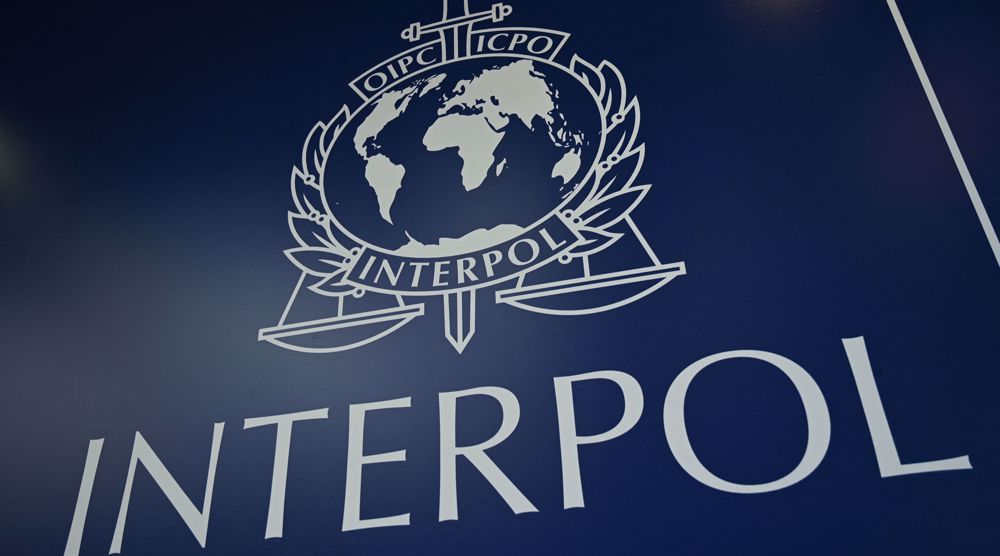
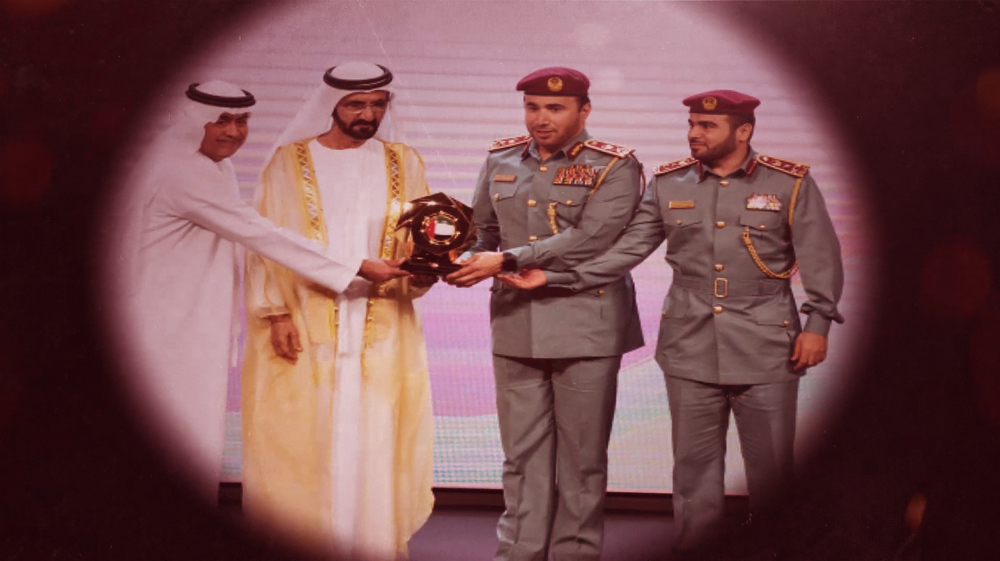

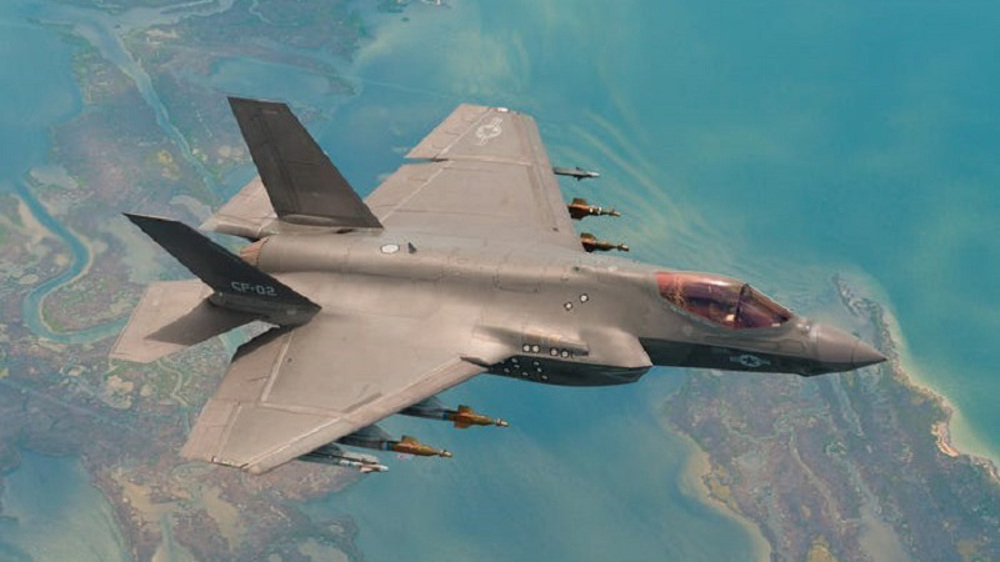
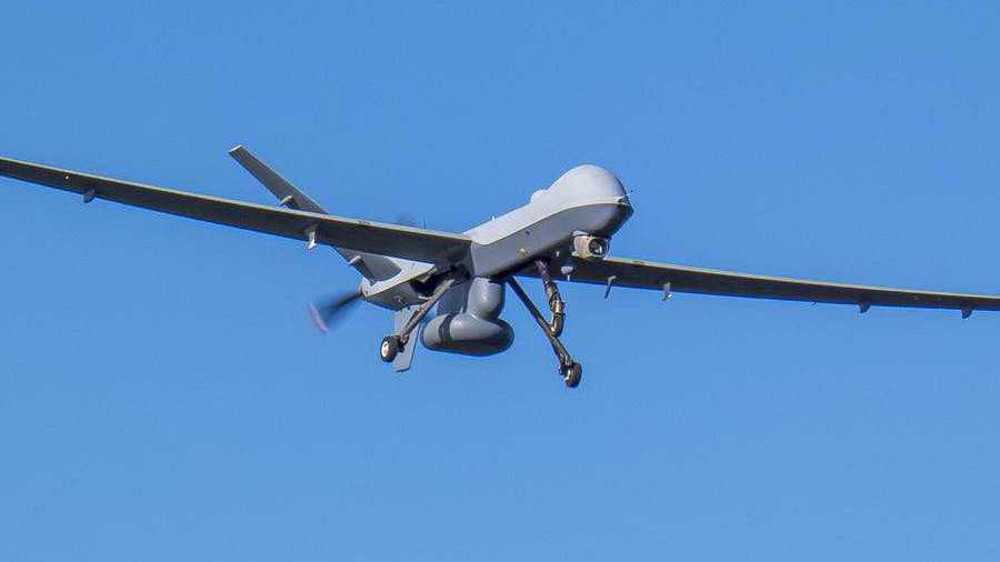
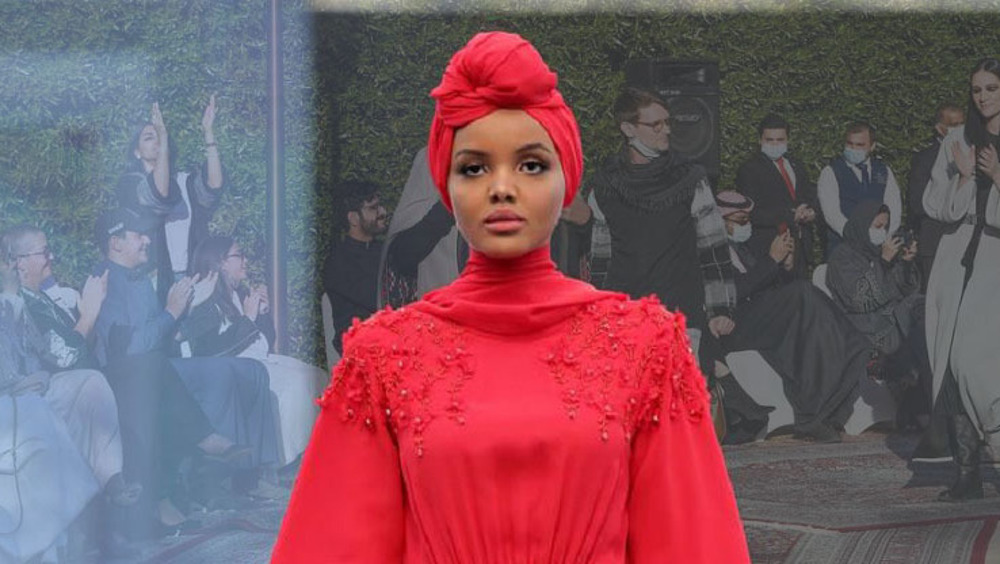

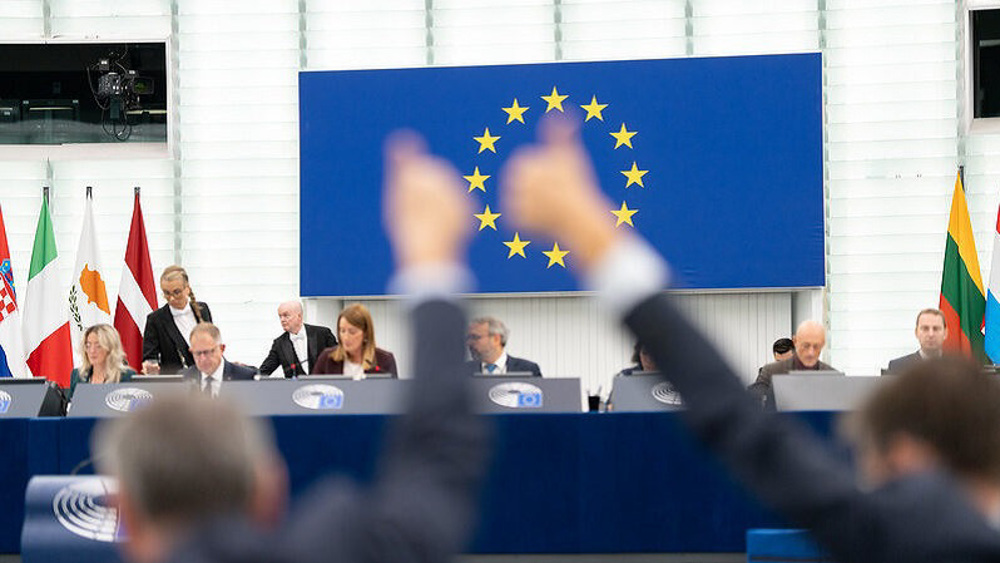
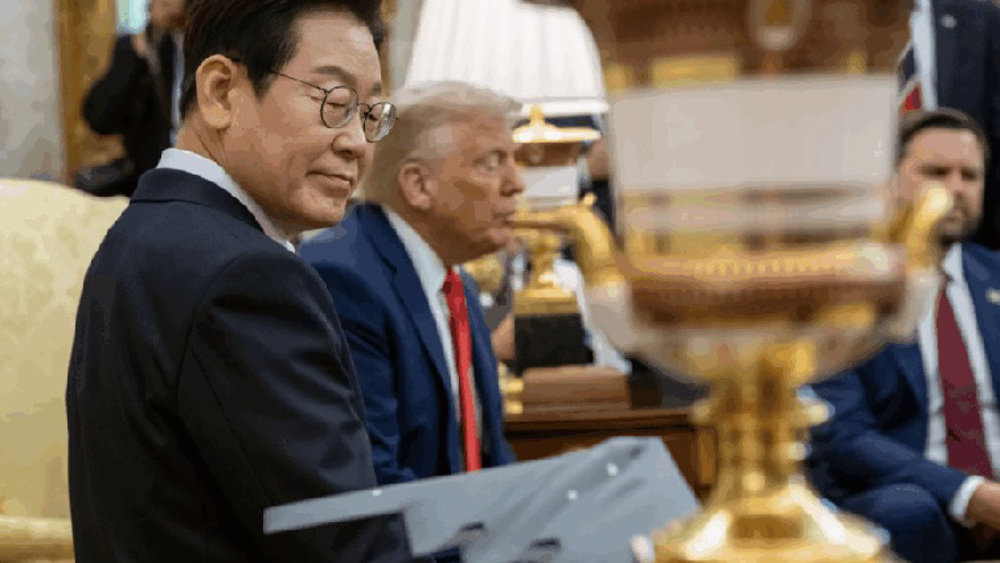



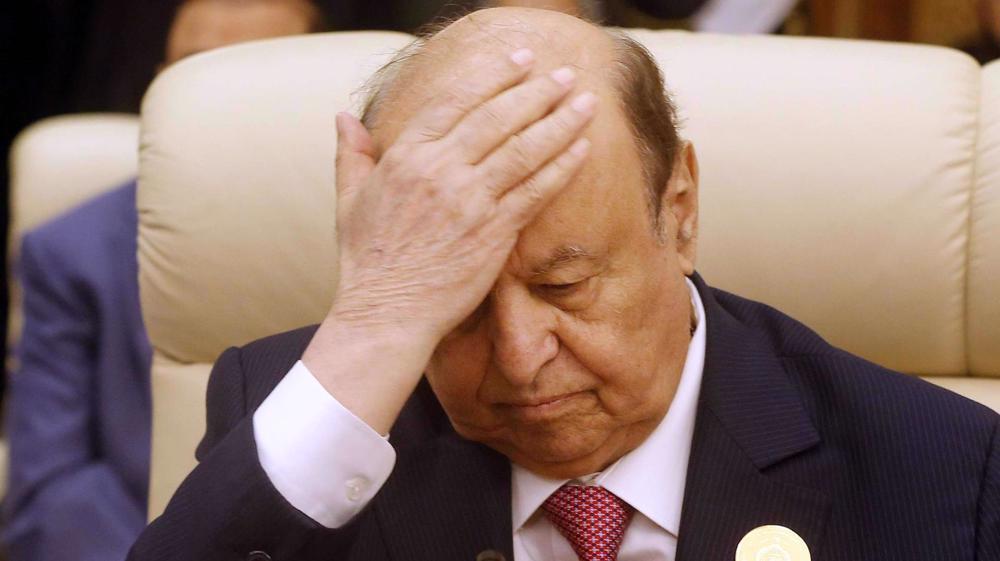
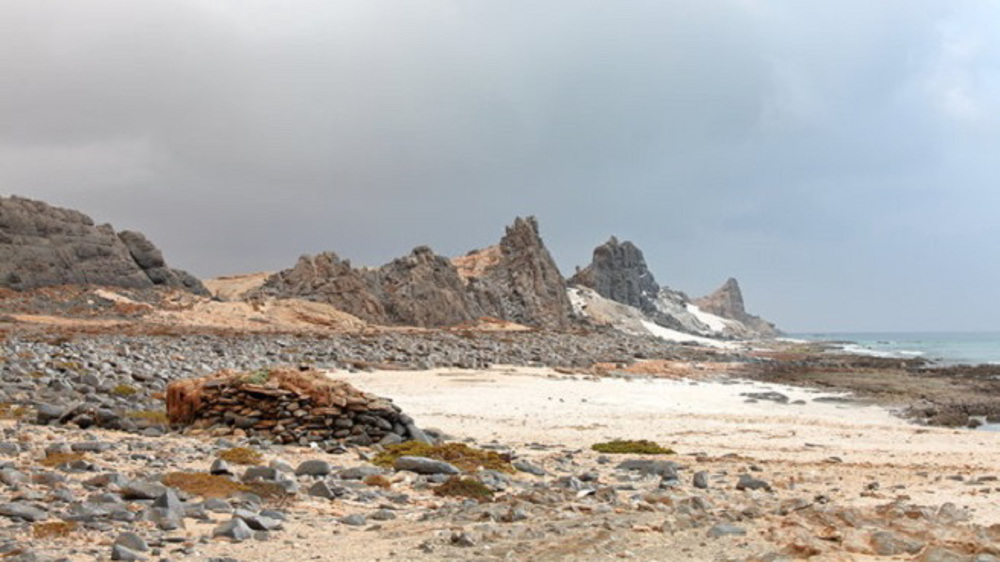
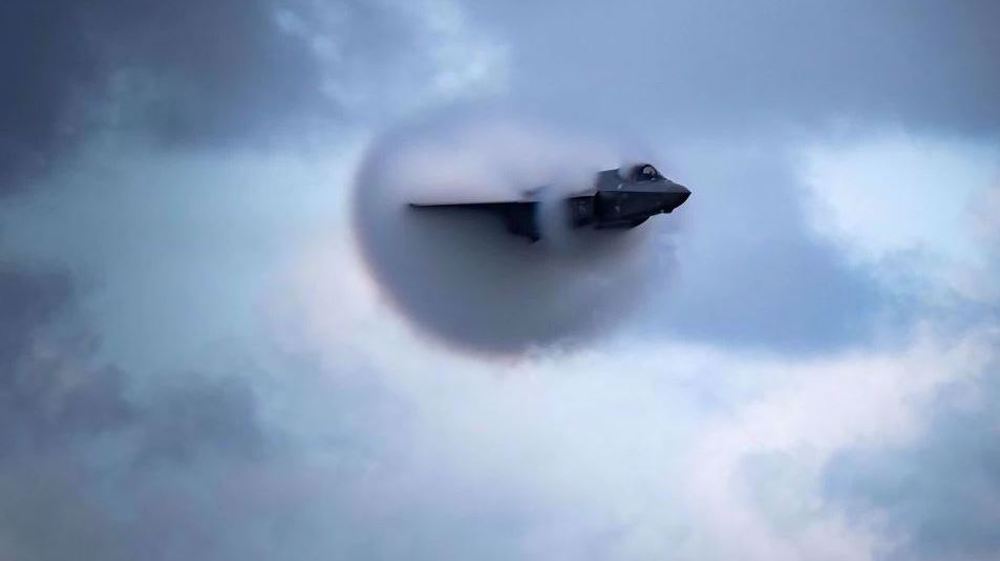
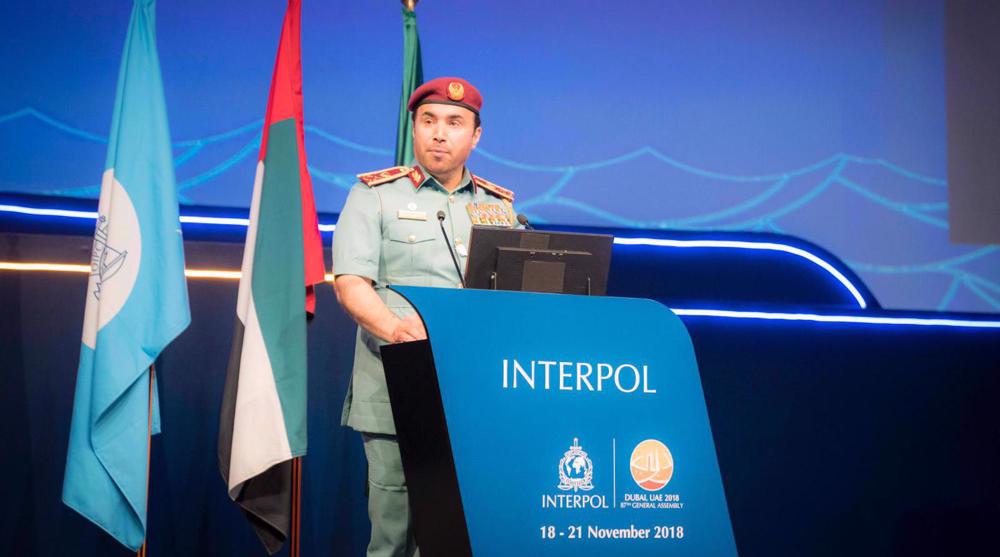
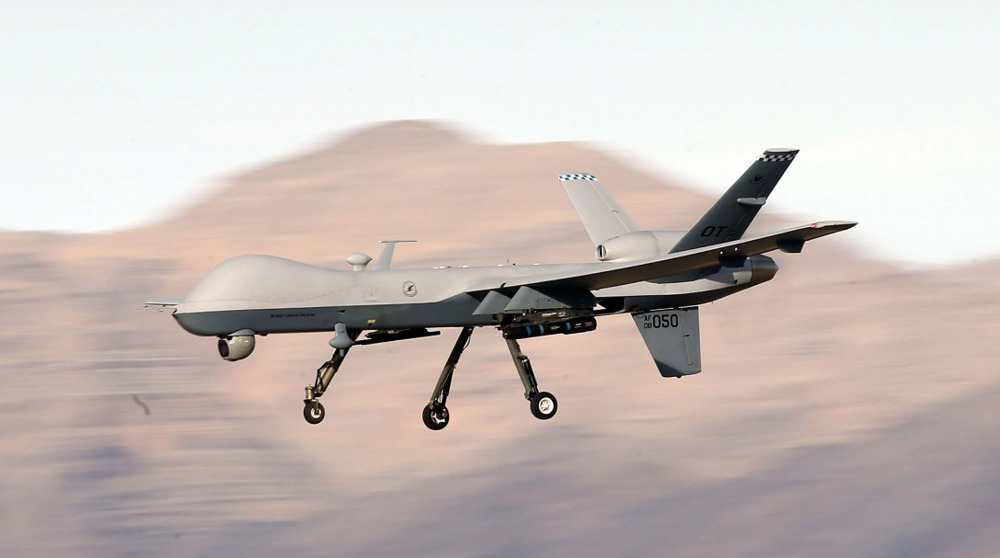
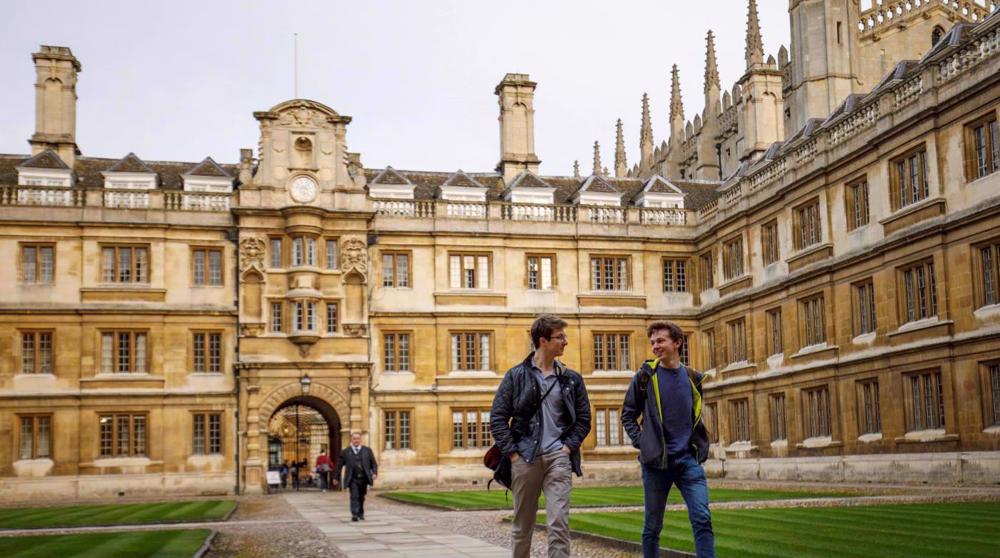
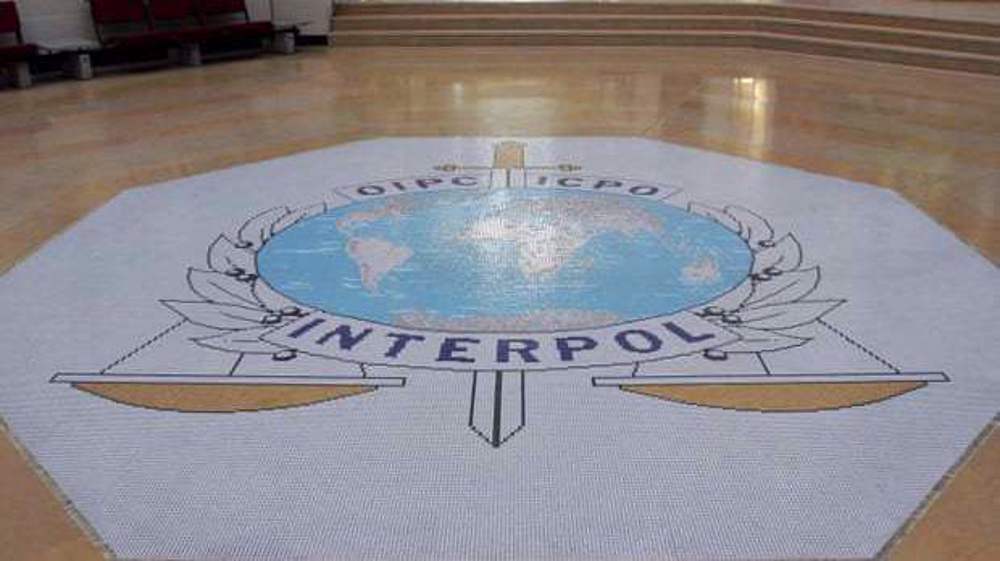
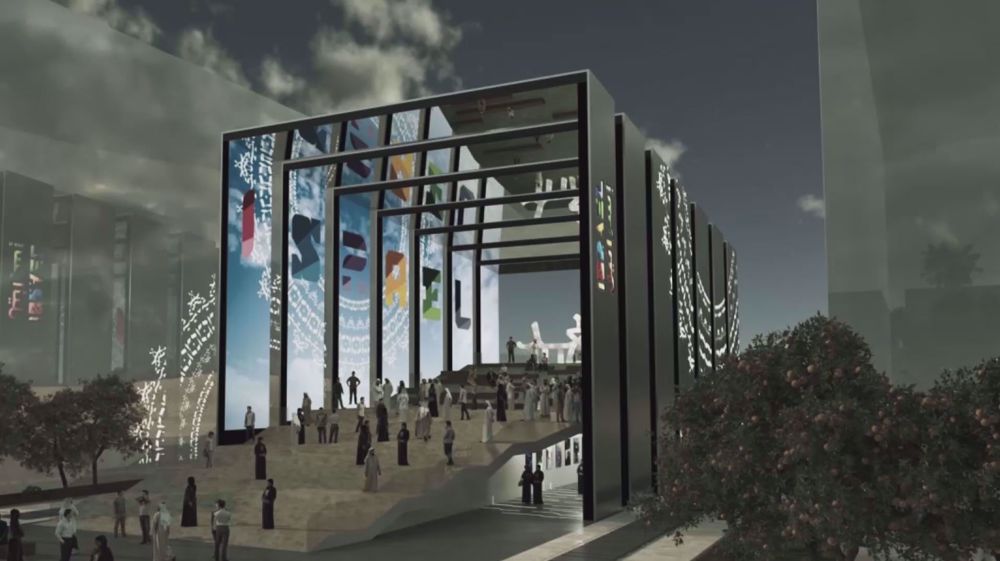

 This makes it easy to access the Press TV website
This makes it easy to access the Press TV website